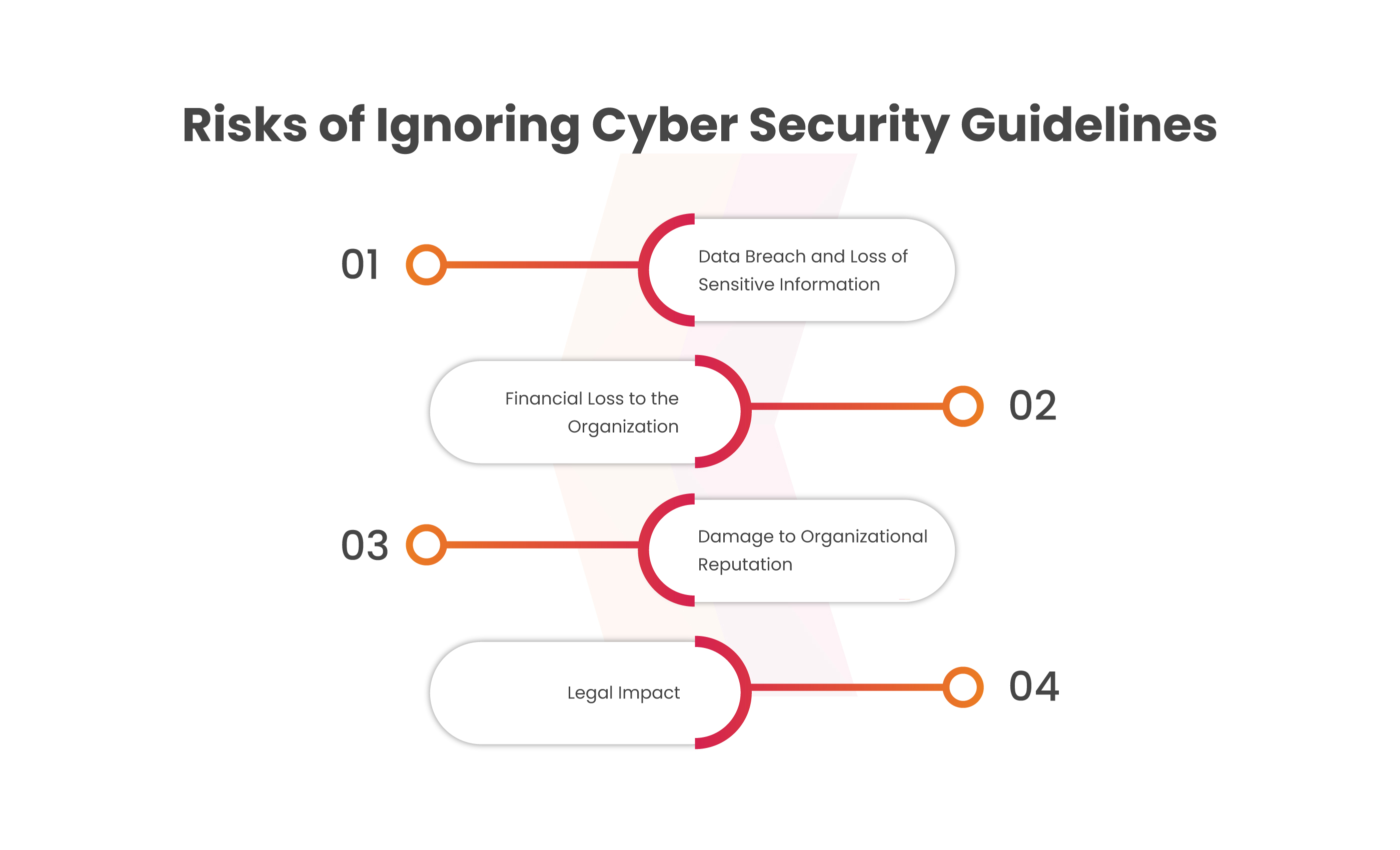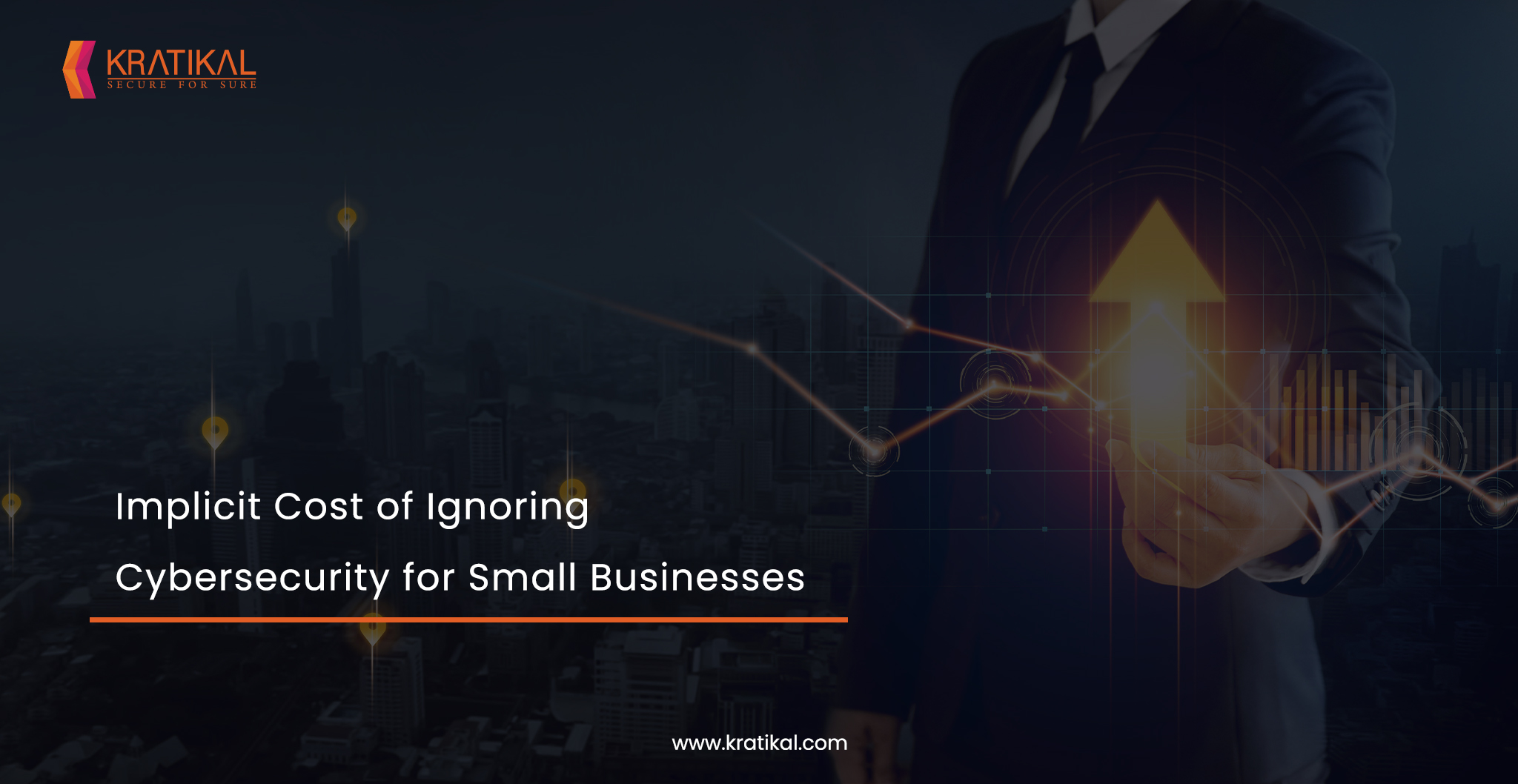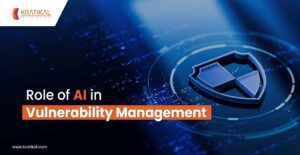Cyber attacks pose a significant threat to all businesses, with small businesses being especially valuable. Financially unprepared small firms may suffer significant losses and harm to their reputation, pricing strategy, productivity, staff morale, and other factors in the case of an unforeseen cyberattack. Understanding the potential severity of a cyber attack is crucial for entrepreneurs and small company owners to properly plan their operations. According to the report by the cyber security firm eSentire, the cost of cyber attacks is predicted to reach $10.5 trillion by 2025.
A Study by IBM and the Ponemon Institute showed that the standard overall cost of the breach is $4.35 million, with a crucial infrastructure data breach averaging a price of $4.82 million. This blog will discuss the hidden costs of being careless about security and how it can affect finances adversely.
Table of Contents
Cost-benefit analysis for Cyber Security in Small Business
Small business owners worry about cybersecurity costs, but the benefits are greater. Cyber threats carry substantial risks, such as financial losses, harm to reputation, and legal responsibilities. Prioritizing cybersecurity builds trust, prevents fines, and brand reputation. Additionally, it reduces expensive downtime resulting from cyberattacks, affecting business continuity.
Conducting comprehensive research to find encompassing Cyber Security is essential. This approach allows small businesses to cut costs associated with deploying multiple tools and overcome resource limitations. The adoption of an all-in-one solution enables efficient allocation of the cyber security budget, providing a competitive edge in our increasingly digital landscape.
Get in!
Join our weekly newsletter and stay updated
What happens when companies do not follow Cyber Security Guidelines?
If organizations do not follow cyber security guidelines, they can impact the organization’s financial losses, reputational damage, and operations. Implementing robust measures is essential to protect against these risks and ensure the overall health and success of the business.
Data breaches and Loss of Sensitive Information
Small companies often store sensitive customer records, which include credit card records or personal identities. Without proper cyber security features like encryption, admission to controls, and regular VAPT, these statistics may be accessed and stolen by cyber attackers.
For example, A small trading enterprise may additionally keep consumer fee information. If a cyber attacker breaches their machine because of vulnerabilities, they are able to steal that price information and use it fraudulently.
Financial Loss to Organization
A data breach can result in big monetary losses, such as fines, costs associated with the research and agreement of the incident, compensation for affected events, and legal fees. This would possibly result in a sizeable monetary burden for a small organization.
Damage to Organizational Reputation
A data breach or cyber-attack not only damages a business’s reputation but also raises doubts among customers about the organization’s data protection capabilities. The negative publicity of customer trust can have long-lasting repercussions, making it challenging to restore an organization’s image. For instance, news of a breach spreads, causing customers to lose confidence in the business’s ability to secure their information, ultimately resulting in decreased customer loyalty and reduced sales.
Legal Impact
Cybersecurity laws like the General Data Protection Regulation (GDPR) and the Health Insurance Portability and Accountability Act (HIPAA) have strict fines and legal repercussions for violations.

How cyber attacks can be minimized?
A strong cybersecurity risk management strategy is essential to assisting your firm in lowering its exposure to cyber threats. To safeguard from cyber threats like ransomware and business email compromise (BEC), corporate executives must constantly update, hone, and test their cybersecurity defense methods. Here is the list of best practices how cyber attacks can be minimized:
Restricting and Managing Account Access
Starting the program with a zero-trust framework is advised, as account credentials are gathered by threat actors. This strategy only grants account privileges to users when they actually need them. Have protocols in place for safely resetting credentials, or automating credential management using a privileged access management platform. Update your offboarding and onboarding processes as well to reflect a zero-trust philosophy.
Implement signed software execution policies
An operating system should be configured to utilize secure boot, a function that ensures devices exclusively initiate using verified and secure software. This necessitates the enforcement of policies for executing signed software, device drivers, and system firmware. Allowing the execution of unsigned software could provide cyber attackers with a potential entry point.
Software Updates and Upgrades
Install software updates promptly and automate them for enhanced security. Cyber attackers quickly exploit the patch after it is released.
Book Your Free Cybersecurity Consultation Today!
Conclusion
Ignoring cybersecurity can result in notable financial and reputational harm, particularly for small businesses. Considering the enduring advantages, small businesses should prioritize cybersecurity, even with the initial expenses. Through the reduction of delays caused by cyber incidents, this strategy promotes trust, compliance, and business continuity.
Adopting comprehensive cybersecurity solutions optimizes resource management and offers a competitive advantage. Kratikal an auditor certified by CERT-In, specializes in delivering Vulnerability Assessment and Penetration Testing (VAPT) and Compliance Services. Leveraging these services effectively can bolster your company’s cybersecurity defenses. The experts at Kratikal identify and mitigate the vulnerabilities. Overall, proactive cybersecurity measures are vital in mitigating cyber threats and protecting business operations and reputation.









Leave a comment
Your email address will not be published. Required fields are marked *